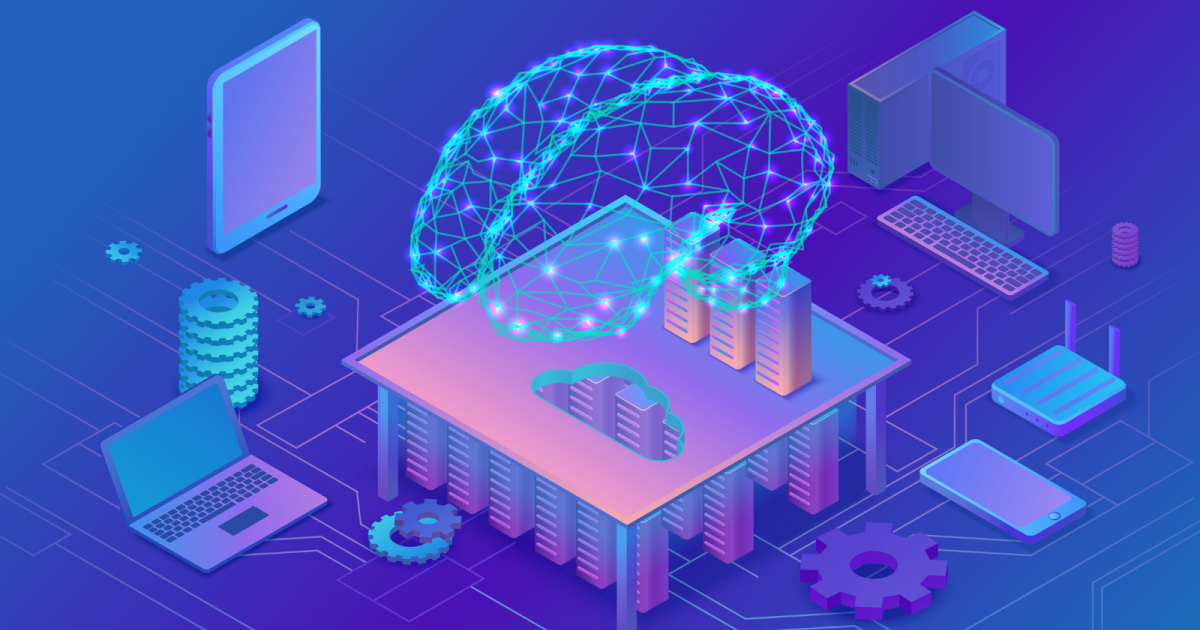
AI Advances: From Language to Vision and BeyondAI Advances: From Language to Vision and Beyond The field of artificial intelligence (AI) has witnessed remarkable progress in recent years, with breakthroughs across a wide spectrum of tasks. From language comprehension and generation to image recognition and self-driving cars, AI systems are revolutionizing industries and transforming our daily lives. Language Advances One of the most significant areas of AI development has been in natural language processing (NLP). NLP algorithms allow computers to understand and interact with human language. GPT-3, a large language model developed by OpenAI, has demonstrated astonishing capabilities in generating fluent text, translating languages, and answering complex questions. Vision Systems AI has also made tremendous strides in computer vision. Convolutional neural networks (CNNs) have become the cornerstone of image recognition and classification tasks. These algorithms can identify objects, detect patterns, and analyze images with an accuracy that rivals human perception. Beyond Language and Vision The frontiers of AI research extend well beyond language and vision. Researchers are developing systems that can handle complex tasks such as: * Robotics: AI-powered robots are becoming increasingly sophisticated, capable of performing tasks ranging from manufacturing to healthcare. * Decision-making: AI algorithms can analyze vast amounts of data and provide insights to support decision-making processes. * Healthcare: AI is revolutionizing healthcare by improving diagnosis, treatment, and drug discovery. * Quantum computing: Quantum computers have the potential to accelerate AI algorithms and enable new breakthroughs in areas such as materials science and cryptography. Future Directions As AI technology continues to advance, we can expect to see further advancements in the following areas: * Multimodal AI: Systems that can integrate language, vision, and other modalities to gain a more comprehensive understanding of the world. * Unsupervised learning: Algorithms that can learn from unlabeled data, reducing the need for extensive human supervision. * Edge AI: Deploying AI models on mobile devices and other low-power devices to enable real-time decision-making. * Ethical AI: Developing guidelines and standards to ensure that AI systems are developed and used responsibly. Conclusion The field of AI is experiencing an unprecedented era of innovation. From language to vision and beyond, AI systems are transforming industries and empowering us to solve complex problems and improve our lives. As research and development continue, we can expect even more groundbreaking advancements in the years to come.
Posted inNews